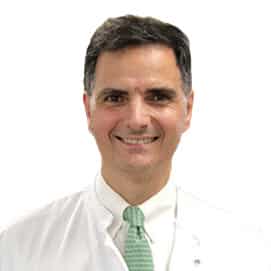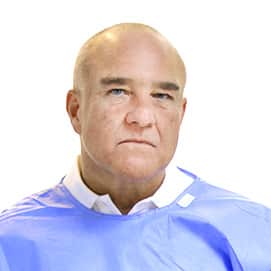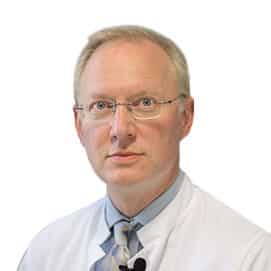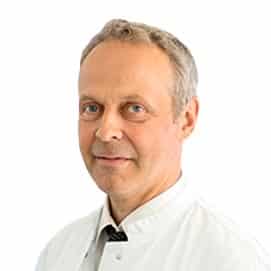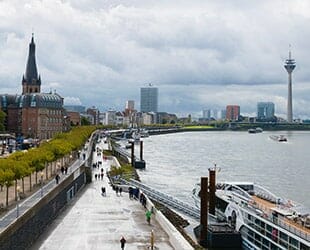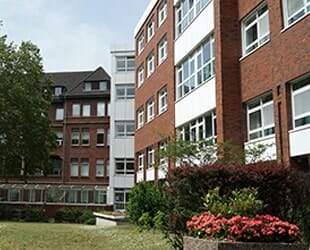The causes of prostate cancer are still unknown. However, certain factors are known to increase the risk of developing prostate cancer. The most important factors are age and genetic predisposition. In addition, environmental influences play a role, such as nutrition, living conditions, and possibly working conditions.
The following factors may increase the risk of prostate cancer:
Risk factor: age
Age plays a major role in prostate cancer. More than 80% of all men diagnosed with prostate carcinoma are over 60 years of age. The chance of getting prostate cancer increases by up to 40 times between the 50th and 85th years of life.
Risk factor: genetic predisposition
The occurrence of prostate cancer is at least partly due to genetic predisposition. The predisposition can be inherited in the family. Thus, a man whose father or brother has prostate cancer has a 2 times greater risk of developing prostate cancer than the general male population (with a risk of approximately 13%). If other family members also suffer from this disease (brothers, grandfather, uncle), the risk of getting sick increases to 50%. There is also an increased chance of getting prostate cancer at an earlier age. The proportion of genetically determined diseases of prostate cancer is estimated at 5 - 10%.
Risk Factor: Hormones
Hormones are a significant factor in the onset of the disease, although their exact role is not completely clear. Yet it is known that without the male sex hormone testosterone, produced primarily in the testicles, prostate cancer cannot occur. Testosterone is essential for the functioning of the prostate. But it promotes the growth of prostate cancer cells. Thus, young men who, before or immediately after puberty, suffered from the loss of testicles, extremely rarely develop prostate cancer.
Risk factor: insufficient vitamin intake D
Studies have shown that it is possible that vitamin levels D in the body plays a role in the development of prostate cancer. Vitamin D is a hormone known for its cancer-suppressing property. Its synthesis in the body is significantly dependent on exposure to ultraviolet solar radiation. The other part of it the body receives with food. Indeed: in places with high solar radiation, the number of cases of prostate cancer is less than in places with low solar radiation.
Subsequent risk factors
A number of other possible risk factors have been studied, such as sexual behavior, viruses, social and economic factors, and even benign prostate enlargement. But evidence of a link between these factors and the disease has not been found. And sterilization, ligation of the spermatic cords (vasectomy), is not a risk factor according to the latest data. As for nutrition and the risk associated with the profession (many discussions on both), there is still no consensus among experts. The available data from scientific studies are too complex and contradictory, so that no conclusions can be drawn regarding the risks of prostate cancer.
Head of the Clinic of Oncology, Hematology and Palliative Medicine
Head of the Clinic for General, Visceral, Thoracic and Endocrine Surgery
Head of the Clinic for Radiation Therapy and Radiological Oncology
Video
Request appointment
Useful links
Photo gallery



